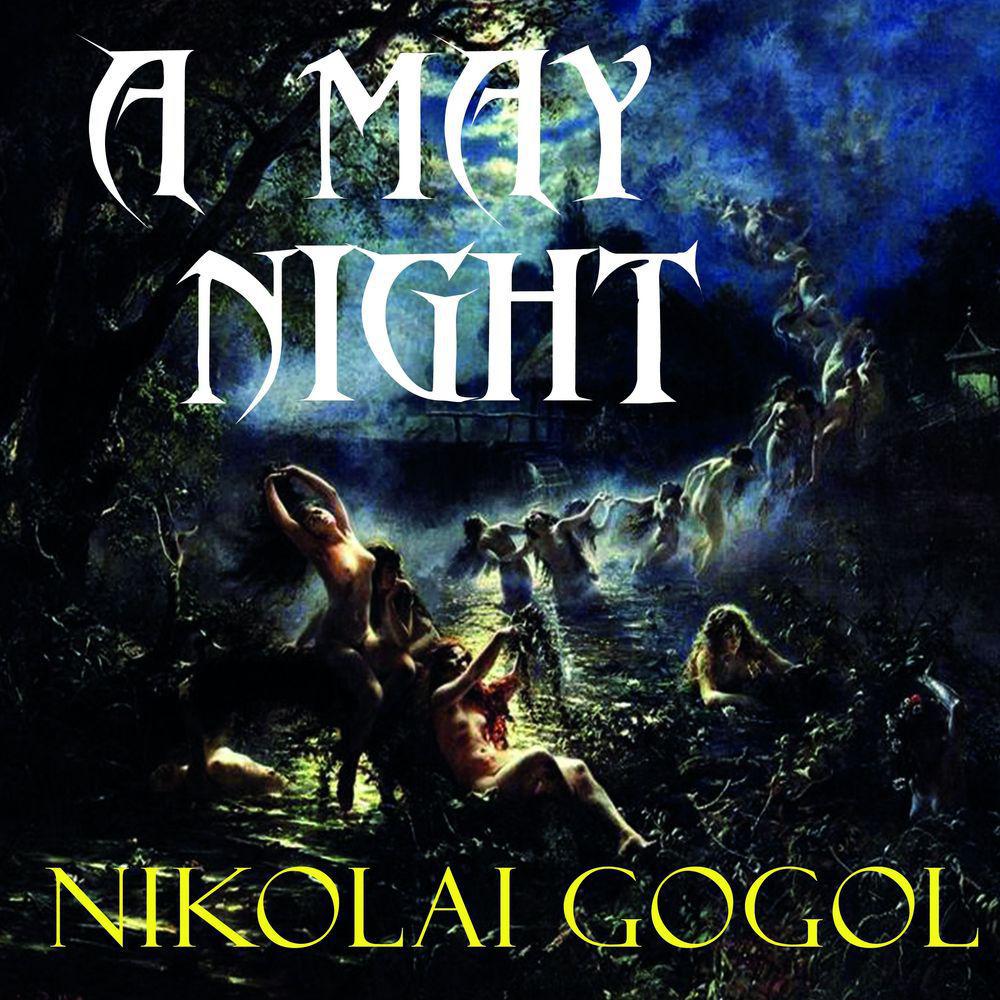
"May Night, or the Drowned Maiden", 1831 is the third tale in the collection Evenings on a Farm Near Dikanka by Nikolai Gogol. It was made into the opera May Night by Nikolai Rimsky-Korsakov in 1878–79 and also a Ukrainian setting by Mykola Lysenko.
This story comes from the unnamed story-teller (who was previously responsible for «The Fair at Sorochyntsi»).
In this tale, a young Cossack named Levko, the son of the mayor, is in love with Hanna. He comes to her house to talk about marriage and mentions that his father is not pleased with the idea, though he doesn't say anything directly and merely ignores him. As they are walking on the outskirts of the village, Hanna asks about an old hut with a moss-covered roof and overgrown apple trees surrounding it. He tells her the story of a beautiful young girl whose father took care of her after her mother died and loved her dearly. Eventually, he married another woman who she discovered was a witch when she cut the paw of a cat that tried to kill her and her stepmother appeared soon after with her hand bandaged. The witch had power over her father, however, and eventually she is thrown out of the house and throws herself into the nearby pond in despair. She reigns over a group of maidens who also drowned in the pond, but once, when she got a hold of the witch as she was near the pond, she turned into a maiden and the ghost of the young girl has been unable to pick her out of the group ever since, asking any young man she comes upon to guess for her…
The most famous and inspirational works of Nikolai Gogol include The Mantle, Evenings at the Farm, St Petersburg Stories, Taras Bulba, a tale of the Cossacks, The Revizor, The Viy, The Nose, A May Night, Memoirs of a Madman and many more.